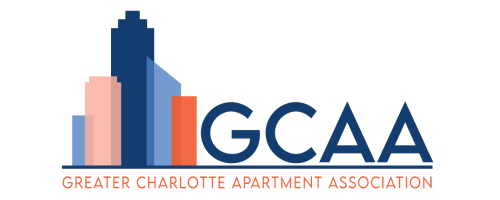Multifamily & Local Government: The Upcoming Elections Continue
For some, the world of politics has become divisive, toxic, and extreme. Traditionally, candidates have fallen into one of two categories leaving little opportunity for centralist ideas. The emergence of the No Labels Party, a bipartisan option for candidates, has been a welcomed addition for North Carolina voters. With a vote of four to one, the State Board of Elections voted to recognize the No Labels Party as an official party in North Carolina.
According to the North Carolina State Board of Elections, 419 people have chosen No Labels as their political party. Voters are open and eager to rally around a third-party candidate, leaving their previous affiliations in the dust. While no candidates are choosing the new political party this election cycle, North Carolina should brace itself for potentially seeing No Labels candidates on future ballots.
In North Carolina, roughly one-third of all active, inactive, and temporarily registered voters are listed as unaffiliated. Will unaffiliated voters make the switch to No Labels and rally behind less divisive candidates? While the offer might be tempting to some, the switch would mean no longer voting in the Democrat or Republican primary. Will the option to vote in a partisan primary hold some voters back from embracing change? Is the two-party system gone for good? On the heels of North Carolina approving the No Labels party, candidates must adopt to what moderate voters desire or get left behind. Tune into the next Ledge for more information.
